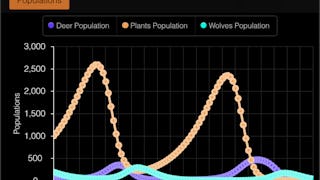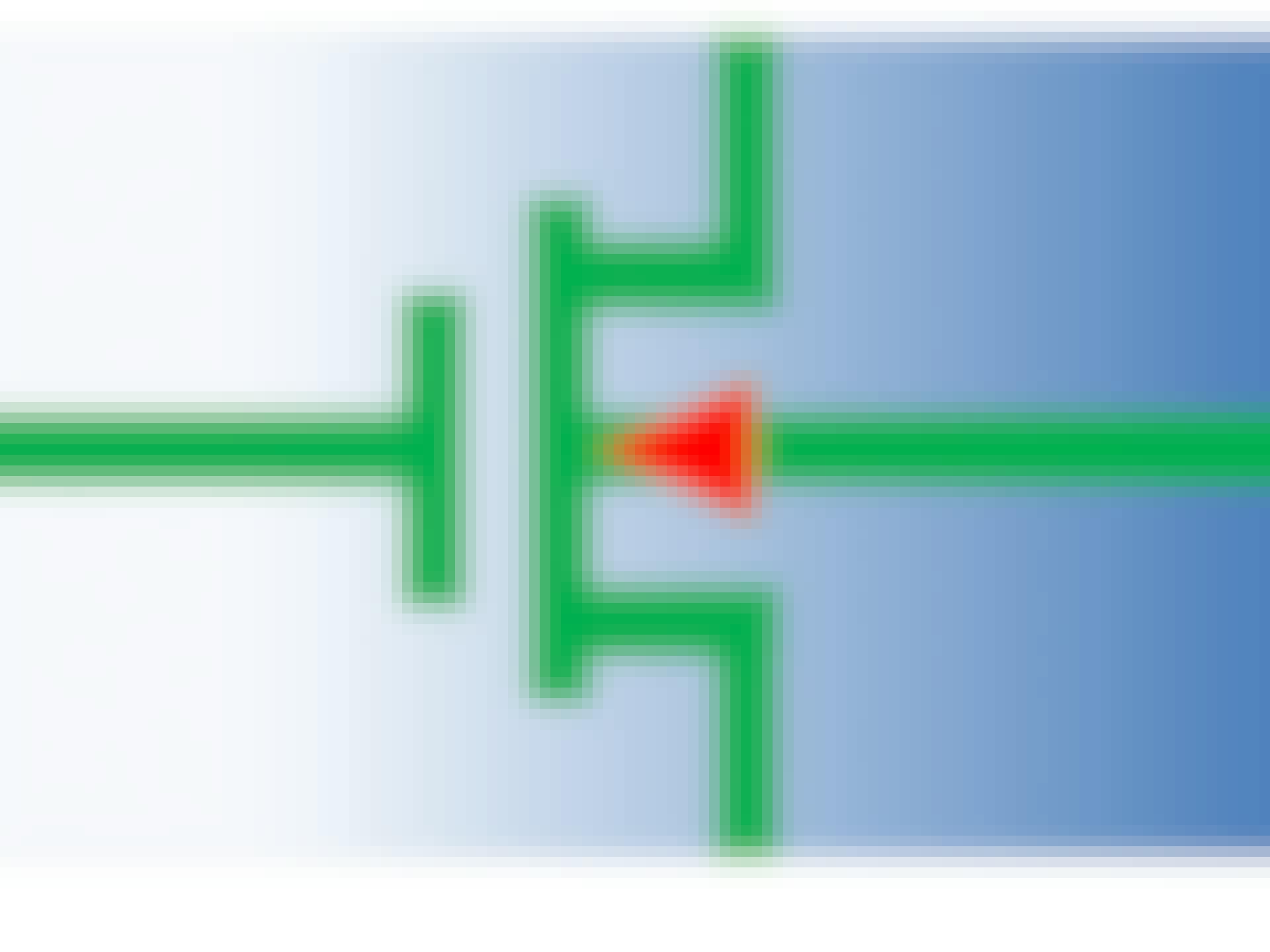Filter by
SubjectRequired
LanguageRequired
The language used throughout the course, in both instruction and assessments.
Learning ProductRequired
LevelRequired
DurationRequired
SkillsRequired
SubtitlesRequired
EducatorRequired
Explore the Cyber Physical Systems Course Catalog

University of Maryland, College Park
Skills you'll gain: Fire And Life Safety, Health And Safety Standards, Safety Assurance, Accident Prevention, Environmental Engineering, Building Design, Environment, Risk Management, Property Maintenance, Emergency Response
 Status: New
Status: NewSkills you'll gain: Agentic systems, Blockchain, Emerging Technologies, AI Personalization, Artificial Intelligence, Generative AI, Semantic Web, Web Applications, Business Ethics, Digital Assets, Governance

American Museum of Natural History
Skills you'll gain: Physical Science, Environment, Risk Control, General Science and Research, Environmental Science, Scientific Methods, Chemistry
 Status: Free
Status: FreeCoursera Project Network
Skills you'll gain: Simulation and Simulation Software, Visualization (Computer Graphics), Data Modeling, Mathematical Modeling, Biology, Systems Analysis, Environment
 Status: Free Trial
Status: Free TrialUniversity of Colorado Boulder
Skills you'll gain: Automation, Artificial Intelligence, Mechanics, Simulation and Simulation Software, Control Systems, Linear Algebra, Estimation

Skills you'll gain: Malware Protection, Endpoint Security, Mobile Security, Cloud Security, Application Security, Cloud Computing, Threat Detection, Cybersecurity, Virtualization, Virtual Machines, Intrusion Detection and Prevention, Human Factors (Security), Encryption
 Status: Free Trial
Status: Free TrialUniversity of Michigan
Skills you'll gain: Environment, Environmental Regulations, Environmental Policy, Environmental Issue, Energy and Utilities, Mitigation, Environmental Science, Health Assessment, Public Health, Pollution Prevention, Policy Analysis, Public Policies

Pontificia Universidad Católica del Perú
Skills you'll gain: 3D Modeling, Manufacturing Processes, Manufacturing Operations, Equipment Design, Prototyping, Design Software, Maintenance, Repair, and Facility Services
 Status: Free Trial
Status: Free TrialUniversity of Colorado Boulder
Skills you'll gain: Computational Logic, Mathematical Modeling, Theoretical Computer Science, System Requirements, Verification And Validation, Agentic systems, Software Systems, Automation, Mechanical Engineering, Systems Analysis, Systems Engineering, Simulations, Applied Mathematics, Control Systems, Linear Algebra, Differential Equations, Hardware Architecture, Computer Science, Artificial Intelligence, Algorithms

Columbia University
Skills you'll gain: Reinforcement Learning, Artificial Intelligence and Machine Learning (AI/ML), Machine Learning, Algorithms, Markov Model, Data-Driven Decision-Making, Decision Support Systems, Simulations, Probability & Statistics
 Status: Free
Status: FreeColumbia University
Skills you'll gain: Semiconductors, Electronics, Electronics Engineering, Electronic Components, Simulation and Simulation Software, Electrical Engineering, Mathematical Modeling, Differential Equations, Calculus

University of Pennsylvania
Skills you'll gain: Network Analysis, Social Sciences, Sociology, Agentic systems, Systems Thinking, Economics, Policy, and Social Studies, Simulations, Culture, Complex Problem Solving, Innovation
Cyber Physical Systems learners also search
In summary, here are 10 of our most popular cyber physical systems courses
- The Effect of Fires on People, Property and the Environment: University of Maryland, College Park
- Generative AI and Blockchain: INSEAD
- The Dynamic Earth: A Course for Educators: American Museum of Natural History
- Building an Ecosystem model with Insight Maker: Coursera Project Network
- Basic Robotic Behaviors and Odometry : University of Colorado Boulder
- Systems and Application Security: ISC2
- Climate Change, Sustainability, and Global Public Health: University of Michigan
- Impresión 3D: Pontificia Universidad Católica del Perú
- Foundations of Autonomous Systems: University of Colorado Boulder
- Decision Making and Reinforcement Learning: Columbia University










